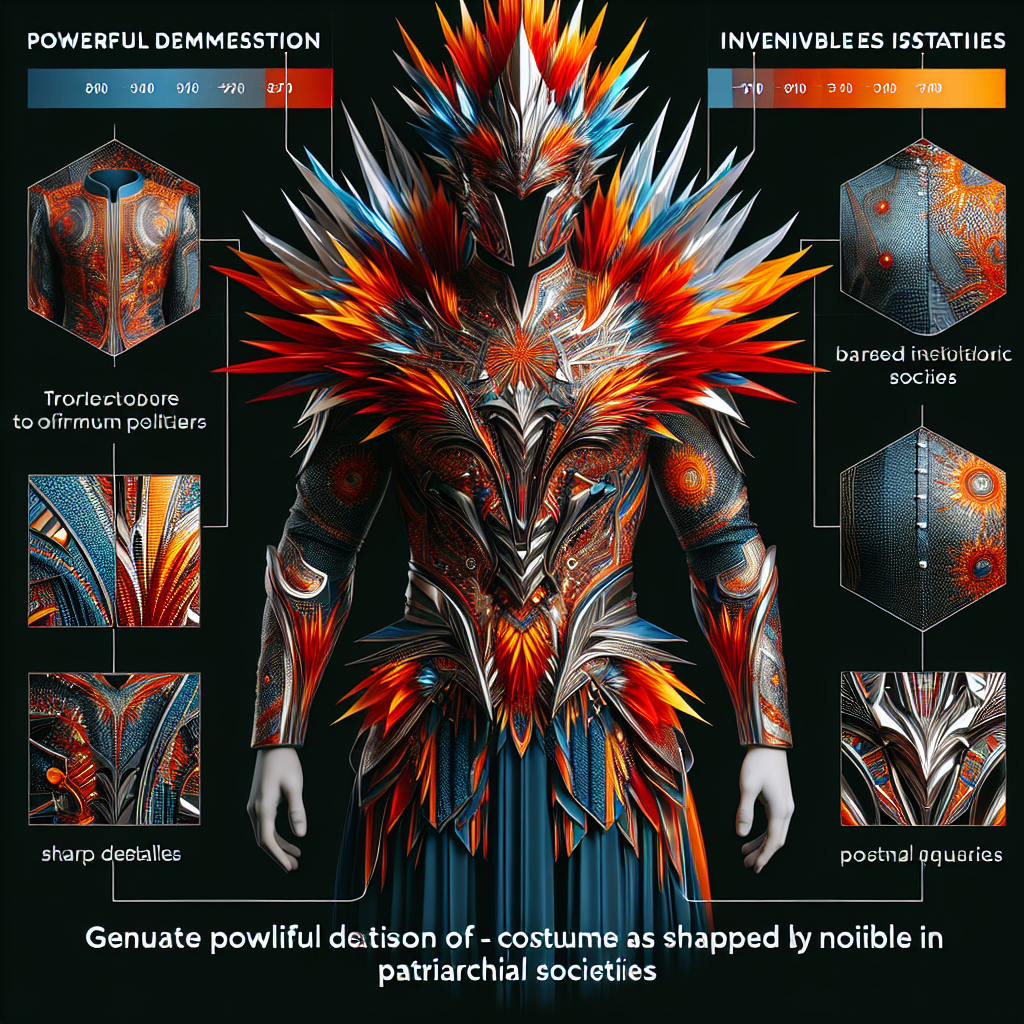Nike recently unveiled a sneak peek of the track and field uniforms for the 2024 Paris Olympics, sparking mixed reactions on social media. While the men’s uniforms were relatively standard, the women’s bodysuit option received backlash for its high hip cut, reminiscent of a 1980s workout leotard. Athletes like Sha’Carri Richardson and Anna Cockrell modeled different options during the Nike Air Innovation Summit in Paris, and more looks will be revealed at a later date. The controversy surrounding the women’s uniforms was ignited by a preview shared by Citius Mag on social media, leading to comments from former and current Olympic athletes.
The debate around the women’s uniforms drew attention to the ongoing conversation about women’s sports, with athletes like Lauren Fleshman speaking out against the patriarchal forces that influence attire choices for female athletes. Fleshman believes that women athletes would achieve different outcomes if they were allowed to develop in environments that respect their bodies and improvement trajectories. The unitard controversy also prompted responses from athletes like Katie Moon, a pole vaulter who reassured others that the uniform was not as problematic as perceived on the mannequins. Despite the criticism, Nike has not publicly addressed the backlash surrounding the uniforms.
The unveiling of Team USA’s track and field uniforms comes at a time when women athletes are asserting their boundaries and advocating for fair treatment in sports. The recent NCAA championship basketball game attracted a larger audience for the women’s teams compared to the men’s, highlighting the growing support for women’s sports. From challenging sexist uniform rules to addressing period anxiety, female athletes are demanding more agency over their attire and bodies. The controversy surrounding the Team USA uniforms reflects a broader movement within women’s sports to push back against outdated norms and expectations.
In response to the criticism over the high-cut bodysuit, Olympic athletes and commentators took to social media to share their opinions. Queen Harrison Claye humorously suggested that the European Wax Center should sponsor the team due to the revealing design, while Colleen Quigley expressed mixed feelings about the uniform options. Athletes like Jaleen Roberts and Katelyn Hutchison also joined the conversation, pointing out the potential discomfort and impracticality of the high-cut unitard design. The diverse perspectives and experiences shared by athletes shed light on the complexities of uniform choices for women in sports.
The conversation surrounding the Team USA track and field uniforms underscores the importance of representation and agency for women athletes. While the uniforms may have sparked controversy, they also brought attention to the broader issues of gender equality and empowerment in sports. As female athletes continue to challenge traditional norms and demand respect for their bodies and choices, the future of women’s sports looks promising. Nike’s decision to showcase a range of uniform options for female athletes signals a step towards inclusivity and recognition of the diverse needs and preferences within the sporting community.



